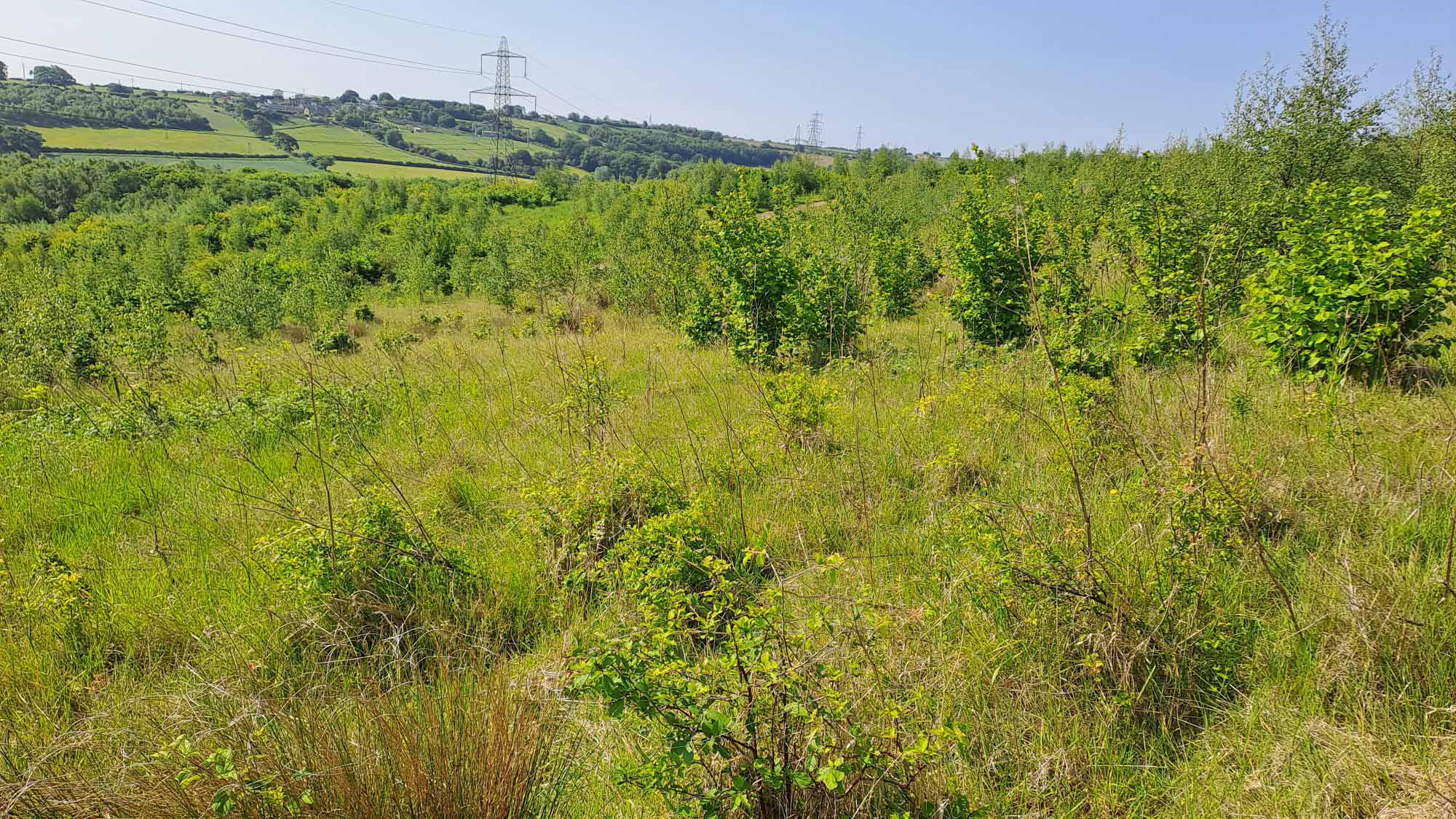SUEZ focus on protecting the planet
BNG is a way of creating and improving natural habitats by ensuring that any development has a measurably positive impact on biodiversity, compared to what was there before development. It is now a mandatory requirement in England under planning rules.
SUEZ is guided by a triple bottom line approach, prioritising sustainable, socially responsible growth. It has a commitment to improve biodiversity across its estate, enhancing nature at the over 350 sites it operates.
In 2024, 745 individual actions were taken to improve biodiversity and feasibility studies took place looking at how to improve biodiversity across 50% of our landfill portfolio. SUEZ has extensive experience of landfill and quarry restoration and aftercare, and has owned, managed and monitored the Burnhills site for over twenty years. The environmental permit requires the responsible management and monitoring of the site for at least 60 years post-closure, meaning that the legal requirement under BNG rules for a minimum 30 year management of the improved habitat is easily met and exceeded.
The BNG habitat bank at Burnhills restored landfill, which is now available for developers to purchase, focuses primarily on creating, enhancing and maintaining grassland and scrubland. The private site is largely used for pasture, with the hedgerows and scrubland forming borders.
Andrew Hughes, Landfill and Alternative Energy Director at SUEZ recycling and recovery UK said: "At SUEZ we are committed to safeguarding the environment, and the need to put biodiversity and the protection of natural resources at the centre of every business model has never been more important. With our internal expertise in the restoration and aftercare management of landfills, we saw an opportunity to increase our biodiversity while supporting local developers and we look forward to adding more of our portfolio to the national register."
Globally, as well as in the UK, SUEZ has made concrete commitments within its 2023–2027 sustainable development roadmap to reduce its own ecological footprint and accelerate solutions that support biodiversity regeneration. Utilising its sites in this way contributes to that focus while supporting local eco-systems.
